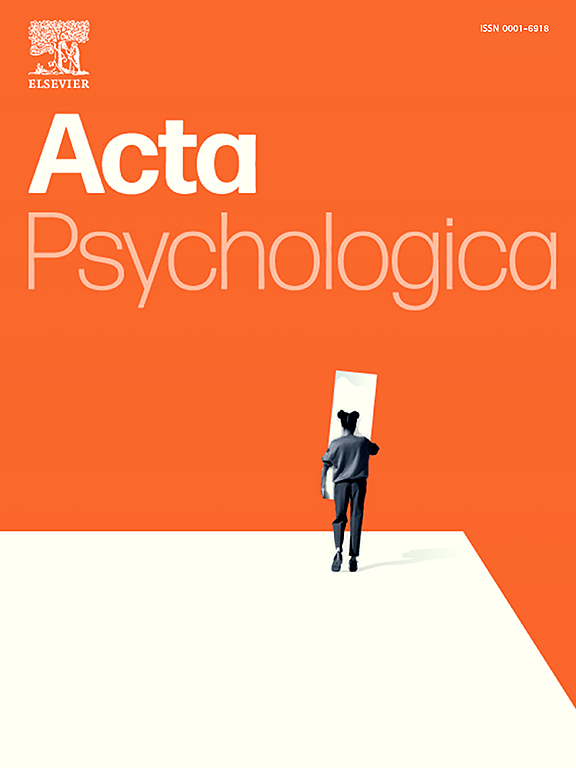PUBLICACIONES
Publicaciones recientes
Convocatòria d’Ajuts per a Projectes de Recerca IRE UB 20238 de novembre de 2023
XXI Congreso Internacional de Investigación Educativa3 de novembre de 2023
Nueva publicación en Profesorado. Revista de Curriculum y Formación del Profesorado30 d'octubre de 2023
Tienes alguna pregunta?
Escríbenos y te responderemos a la brevedad
Categorías
Proyectos
Producciones
Noticias
Call for papers Acta Psychologica
Socio-educational ecologies for learning, social change, and future thinking
In recent decades, rapid technological and societal developments have thoroughly transformed how people learn in and across different contexts, challenging the ways educational psychology and learning sciences conceptualized and studied learning. These transformations are today exacerbated by increasing global turmoil and the ongoing planetary crises of sustainability, structural inequalities, and threat to democracy, further challenging educational psychology’s relevance and role as discipline to envision possible, more socially just futures.
Guest editors:
Dr. Alfredo Jornet,
University of Girona,
alfredo.jornet@udg.edu
Professor Moises Esteban-Guitart,
University of Girona,
moises.esteban@udg.edu
Dr. William R. Penuel,
University of Colorado-Boulder,
william.penuel@colorado.edu
Special issue information:
The goal of this special issue is to present theoretical contributions and empirical research aimed exploring learning in new educational ecologies and relating to emerging societal challenges, with an emphasis on future thinking and future oriented approaches. More specifically, the special issue focuses on the design, implementation, and evaluation of socio-educational ecosystems. Such ecosystems involve pedagogical innovations linking schools and local and global communities to support learning and agency in and through the pursual of social change and social well-being. This effort goes beyond school as a unique focus of educational psychology by recognizing social, educational and community networks as a unit of analysis of educational actuation, and invite us to reconsider educational psychology’s relevance, role and potential to contribute addressing some of the major challenges of our time, and how it can contribute generating better futures.
We are seeking theoretical and/or empirical analyses exploring educational ecosystems connecting formal, informal, and non-formal education as means to address the needs of educational and societal transformation in the current times of environmental crisis, racism, gender discrimination, and any form of systemic inequalities and threat to democracy. Of particular interest is future-thinking within ecosystems, as well as perspectives emphasizing the learners’ and the educators’ agency to change their present and futures through such arrangements are of particular interest. Articles critically exploring and reflecting upon the ways in which such designed and emerging educational arrangements challenge, inform, and/or expand traditional and emerging notions in educational psychology of what it means to teach and learn are encouraged. Given the nature of the empirical settings envisioned and their relevance to social change through education, theoretical perspectives emphasizing the social and cultural nature of education, as well as methodologies involving research-practice partnerships, design-based approaches, and formative intervention approaches are expected to be particularly relevant.
Manuscript submission information:
Interested authors are asked to submit a proposal of no more than 1000 words that summarizes the paper they would like to submit to alfredo.jornet@udg.edu . Prospective authors will be selected based on these proposals, and will be invited to submit a full paper. Full manuscripts will undergo double-blind review as per the usual procedures for this journal.
The deadline for the submission of proposals is July 15th 2023. The deadline for the submission of full articles is 31 October 2023.

Etiquetas :
Noticias
Comparte esto :
